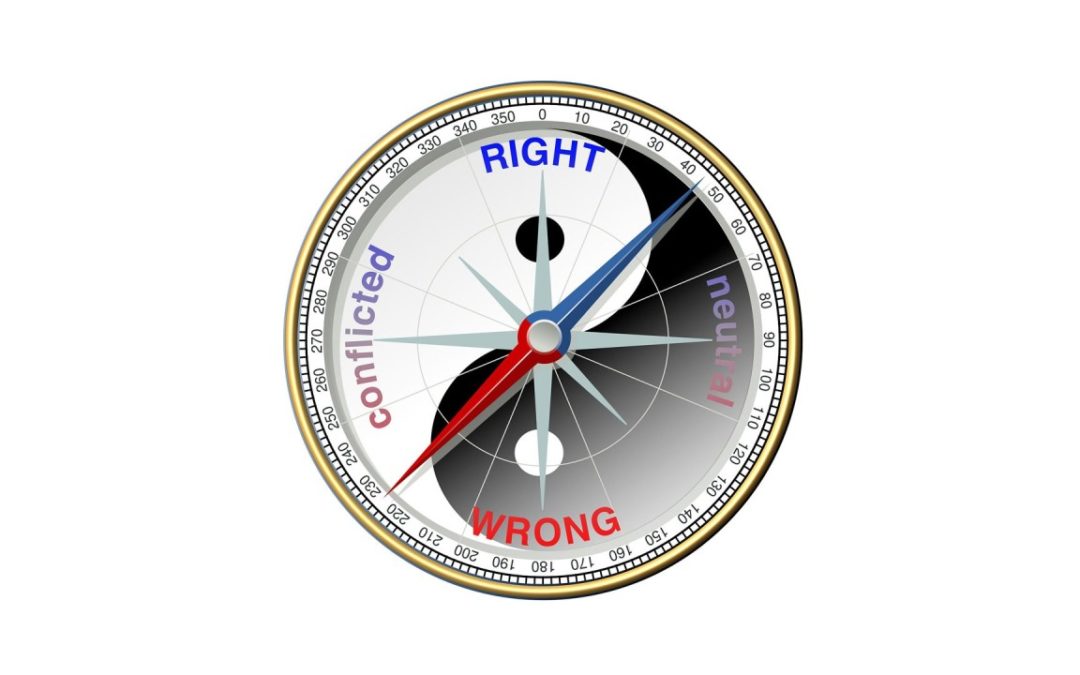In business, we spend a lot of time talking about strategy, goals, and performance. But there’s something that’s quietly just as critical to long-term success: integrity.
It’s easy to assume we’ve got integrity covered. Most SME founders I work with care deeply about doing the right thing. But in a world where fake news spreads fast, facts are up for debate, and cutting corners can look like the quicker route, it’s worth checking in with ourselves from time to time
The uncomfortable truth
It’s entirely possible to bend the rules and get away with it – and that’s where things get murky. Think about these questions:
- If no one finds out, does it matter?
- If ‘everyone else is doing it’, is it really so bad?
- If the outcome is good, does that justify how you got there?
The answers to those questions shape how we lead. And how we’re remembered.
Who writes the rulebook?
I had a conversation once with someone who said, “If you don’t have a faith (and I don’t), how can you possibly have a moral compass?”
I was staggered – I don’t think we need a rulebook, or a philosophy degree, or a list of commandments to follow to be able to lead with integrity. In fact, I think it’s much simpler – and much harder – than that.
It means catching yourself – in the small decisions. In the half-truths. In the deals you justify because they’ll get you where you want to go faster.
It means asking yourself:
- “Would I admire this in someone else?”
- “Would I want this done to me?”
- “Would I feel proud if this went public?”
…and it means making your own mind up – not looking around for someone to do it for you.
When the baggage drops away – the justifications, the fear of looking weak, the hunger to win – it becomes pretty obvious what the right thing to do is. Most of us don’t need to be told – we just need to pause long enough to notice.
And yes, you’ll get it wrong. I know I do. We all do.
But the more you practise, the more accurate your moral compass gets.
What do the best leaders do?
What I’ve seen in the best leaders I’ve worked with is that they don’t get everything right. But what they are willing to do is to look closely, take responsibility, and course-correct. They listen to feedback, and they’re open to being wrong and to learning from their mistakes.
Why choose integrity?
They choose integrity – I choose integrity – not because it’s easy, but because it’s the only way they (I) can sleep easy at night and the only way to build something that lasts.
So, if something doesn’t sit right… trust that instinct. That’s your compass. Use it.
